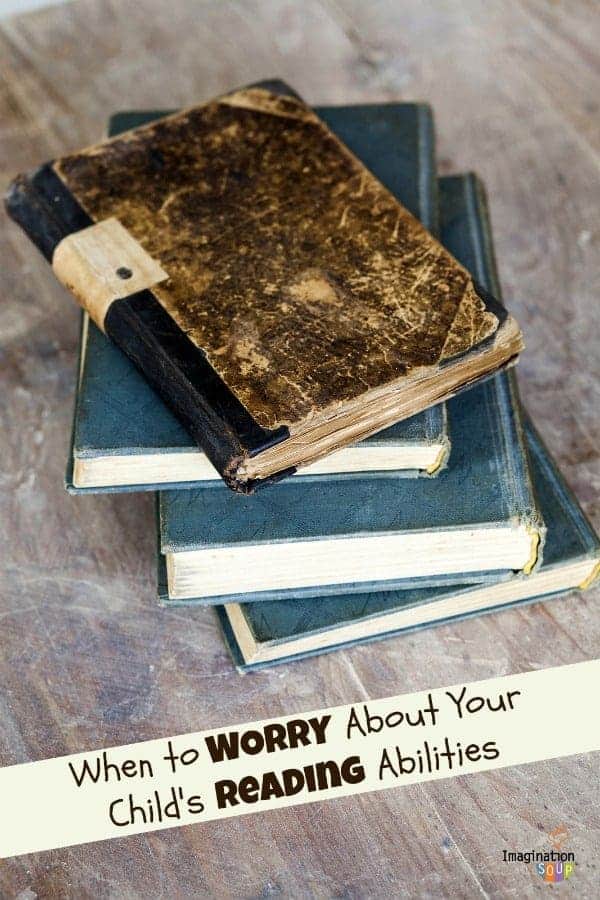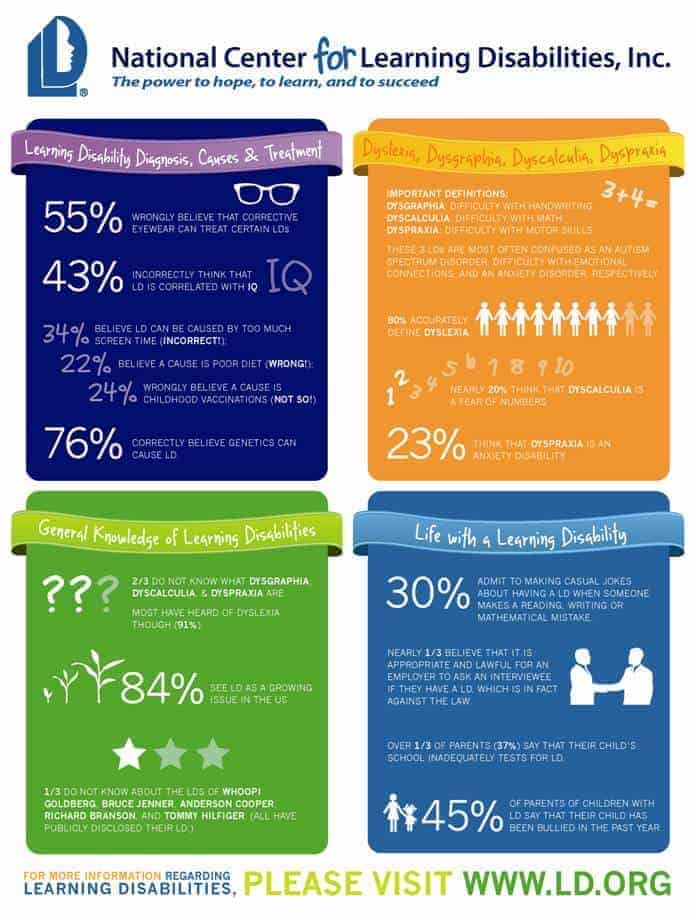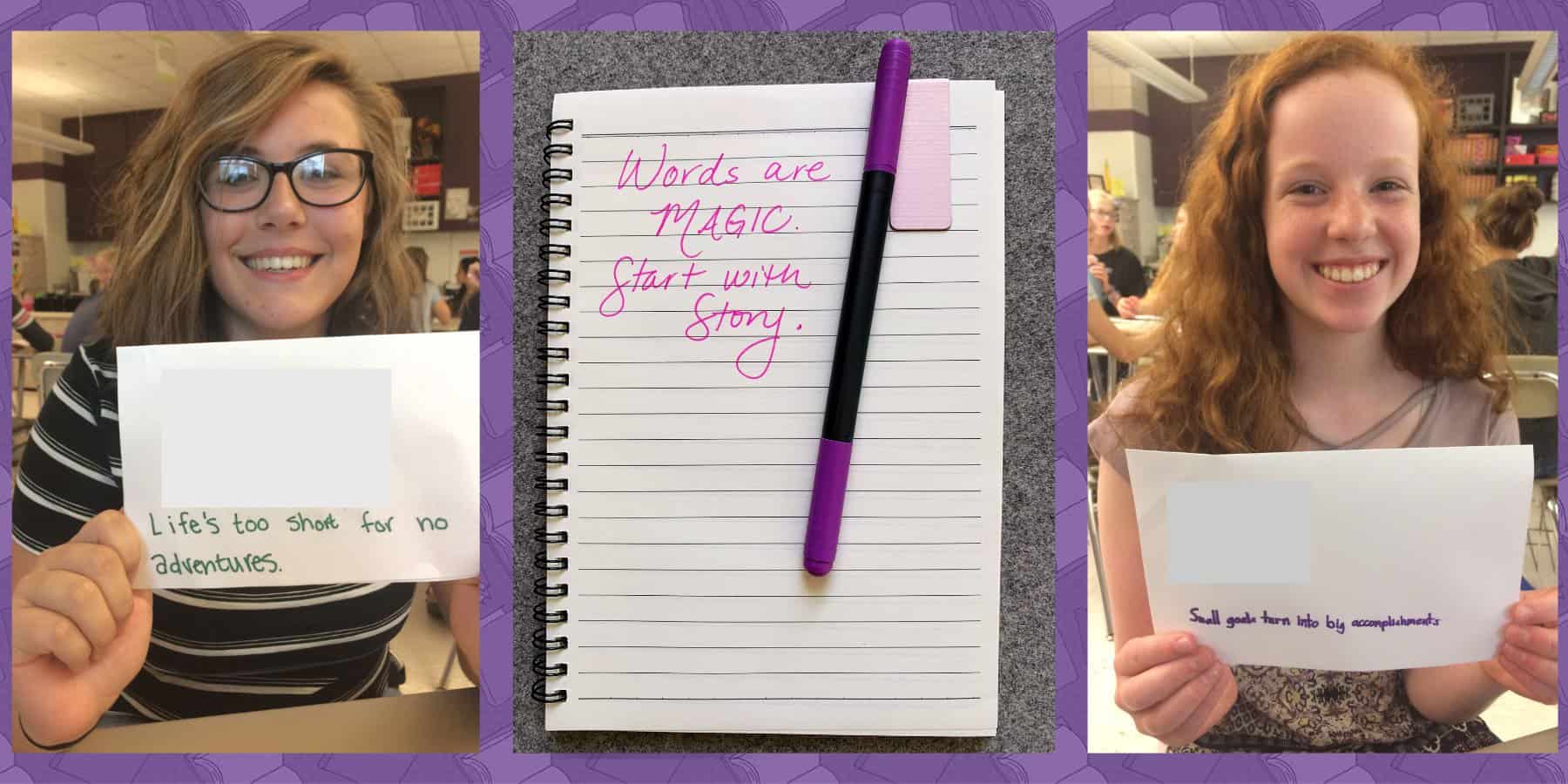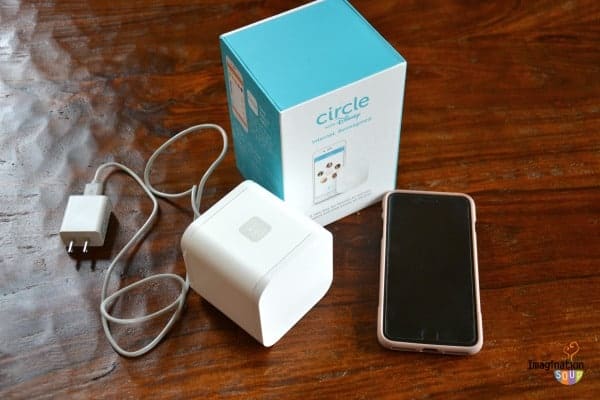Problems with Reading, When To Worry
This post may contain affiliate links.
Sometimes our children experience problems with reading because there is a bigger learning or vision issue. Here are the red flags and signs to watch for to decide if you need further evaluation, and a bit about my own story.
Denial Doesn’t Work (Darn It!)
When JJ had her first seizure at age 3, the neurologist told us it was most likely a one-time thing. That’s exactly what I wanted to hear so I believed it to be true. Yeah.
When she had her second seizure, another 40 minute doozy, the neurologist told us she could be brain damaged if we didn’t catch them and stop them. I decided not think about it.
Eventually, I had to face reality and a diagnosis of –gasp — a LABEL!: epilepsy. Plus medication and constant vigilance.
As it turns out, denial doesn’t make anything go away.
(You already knew this though, right?)
Acceptance of reality got JJ the help (diagnosis and medicine) she needed.
Signs of Reading Problems
I share this because I need you to hear me on this.We must not pressure our kids to read, but we also must recognize when there are signs of a problem.
The harsh reality is that denying the truth that your child may have a learning issue, won’t help your child — the sooner you get answers and help, the better for your child. Denial doesn’t make it go away. Sorry. I’ve tried it. Doesn’t work. (You’re welcome. That’ll save you $$ for therapy.)
I’m writing this post because there are some of you who are still in denial.
I’ve taught your kids. You are my friends. And I’m worried about your kids.
Here’s what I can tell you . . .

Learning Disability (LD) Red Flags
According to the Reading Rockets, signs of LD are:
• spelling the same word differently in a single document
• reluctant reading or writing
• trouble answering open-ended questions
• weak memory skills
• slow work pace
• frequent misreading of information
• easily confused by instructions
• poor organizational skills
If you’re noticing, or your child’s teacher notices, that information isn’t “sticking” as in the case with some of the above red flags, it’s absolutely worth it to get more information. And by more information, I mean testing. Especially if your child is behind in school.
Most of us, me included, like to keep on our rose-colored glasses as long as possible. But, you know as well as I learned that head-in-the-sand thinking won’t help our kids.
Here’s some interesting statistics about how uninformed we are about LD (learning disabilities) in general.
Vision Red Flags
One year, I had a fifth grader that worried me more each day. He seemed spacey, like he wasn’t all there. He didn’t seem to understand what was going on at all despite doing fine academically in previous years. Finally, I had a meeting with his parents and the Special Ed team expressing my concerns of a serious learning problem. I was really worried! His dad asked, “Do you think I should make him wear his glasses?” I could have wrung the guy’s neck.!!! How many weeks did this child spend in my classroom totally unable to see? It was an easy fix — all he needed were his glasses.
If you’re wondering if your child has a vision issue, here are some red flags:
• squinting
• eye rubbing
• burning, itching, watery eyes
• headaches
• trouble reading words he already knows
• losing place while reading
• saying that the words look blurry
• bumping into things
Get this: vision screenings will NOT catch vision issues that interfere with learning such as tracking left to right. You need a comprehensive vision exam.
Next Steps
For vision, you will need to go to your own optometrist. However, for learning issues, you are legally entitled to request an evaluation of your child under the Individuals with Disabilities Education Act (IDEA) from your school. However, that doesn’t always mean the school will comply with your request. I’ve heard lots of stories about parents who have to fight for evaluations, or get their own independent assessments done. (Expensive!!) Ask your pediatrician as they should be able to help with assessment recommendations.
You can learn more about IDEA and the evaluation process at the National Center for Learning Disabilities. For information on your legal rights, go to Wrights Law.
Are you seeing these red flags?
If you’re a parent who has experienced this, will you comment and share your story? It always helps others to know someone has gone through this before them.
We learn from each other. We can support each other through this.
![]() glasses photo Some rights reserved by derekGavey
glasses photo Some rights reserved by derekGavey
see also:
Learning to Read: Word Attack Strategies Beyond “Sound It Out”
Pressured to Read: What to Do If Your Child is “Behind”








As a teacher, I always ask parents to make sure that the issues seem to be present when reading what they “have” to (like for school or with a parent) and if they are also present when they get to choose their reading (but still at an appropriate level). I also look for mistakes that don’t seem to make sense. Sometimes a child will read “though” as “thought,” or “bread” as “beard”- not as big of a deal, usually, as if the mistake is very different than the real word.
The biggest a-ha moment for me as a teacher is wild inconsistency. Some inconsistency in reading is normal, but a child who can vary wildly in reading a certain word from day to day or even minute to minute is sometimes worrisome to me, particularly if focused work on that word doesn’t seem to improve the consistency.
And please, please encourage parents to look for the difference between being a little behind and having a learning disability. Just because your child is not on grade level does not necessarily mean there is a disability!
Thanks for an informative and well-thought-out article! The misconceptions are startling, but keeping parents open to the possibility of LD helps to make sure no child goes without extra help longer than they need to!
Helpful stuff!
It’s really hard to see a child struggle with reading, so this advice is really important to listen to. I encourage reading to your children as often as possible and as soon as possible- if they always see reading as a way to take them on adventures and spark their imagination, maybe when they struggle they won’t see it as a chore!
Melissa this isi excellent! I laughed at the part about the dad- but it isn’t funny at all!
Thanks for sharing this. We have had trouble with our 6 yr old daughter, but it is difficult to diagnose early, and all psycho-ed testing suggests everything is okay as of now. My husband and I still feel like something must be up, though, so we pulled her form French Immersion to be on the safe side. She seems so much happier. 🙂